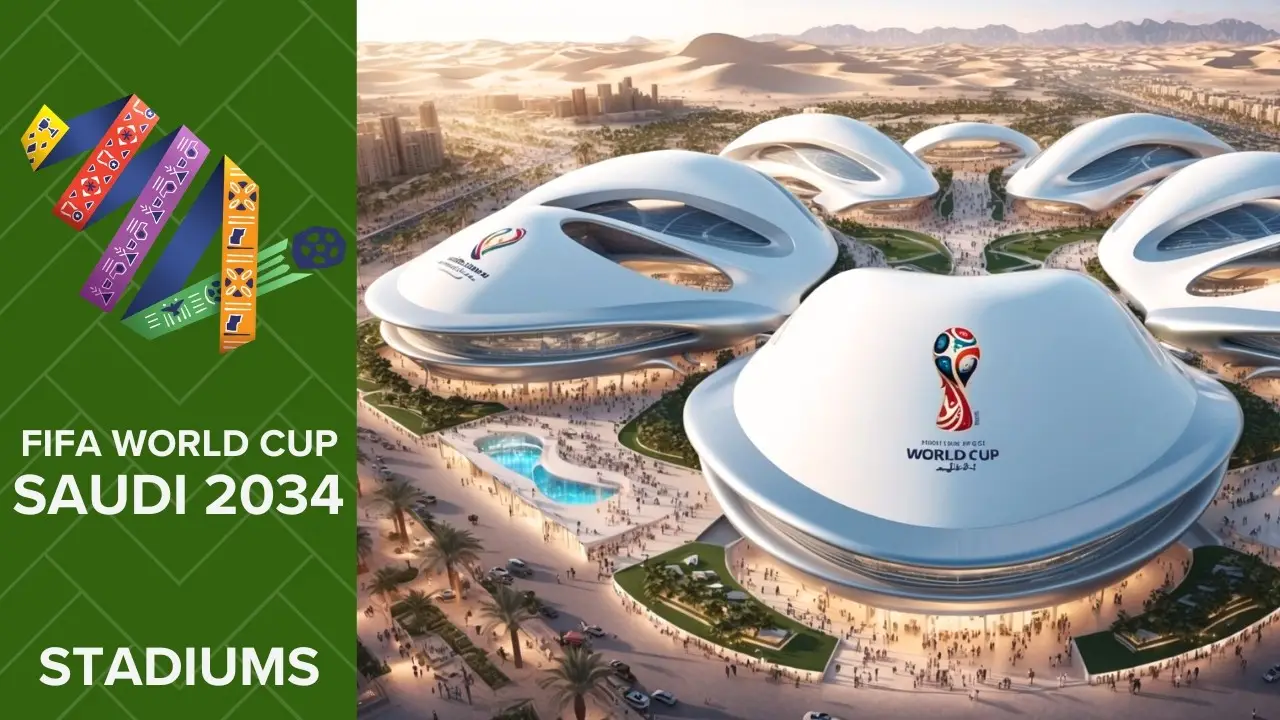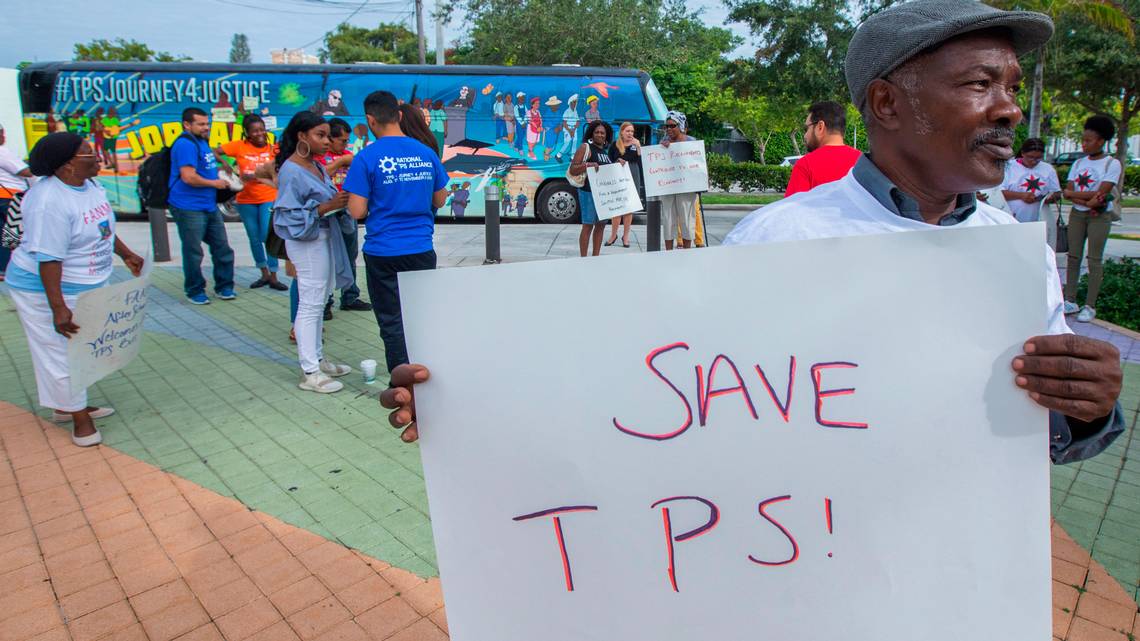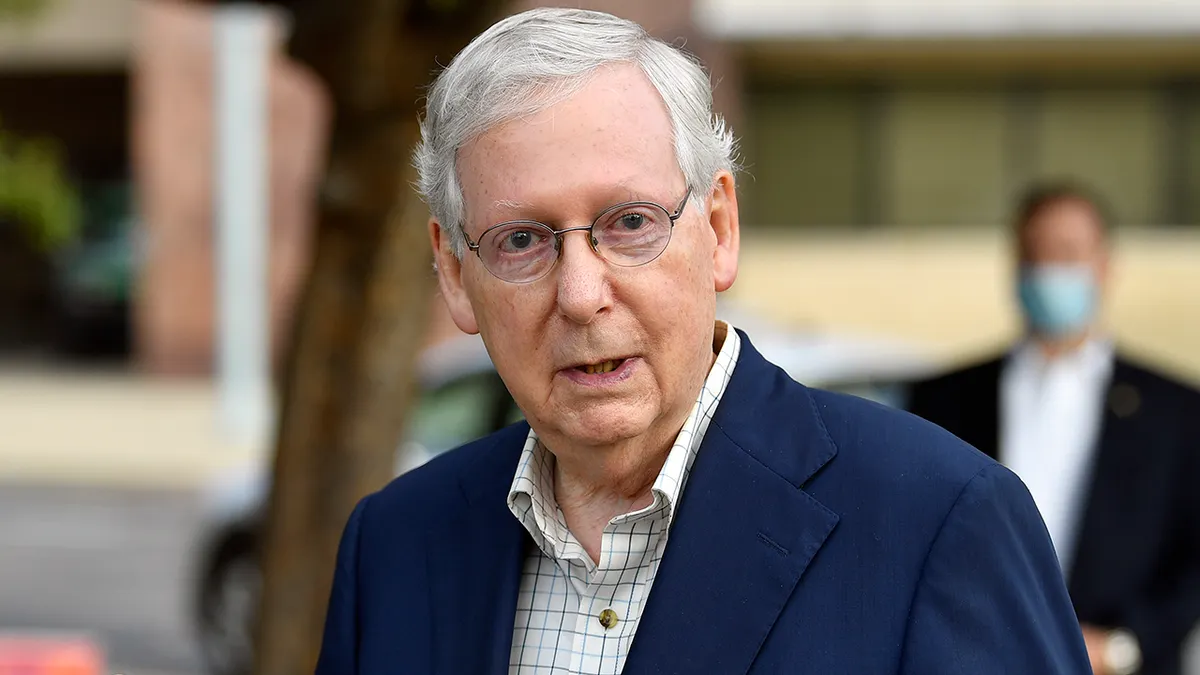|
Getting your Trinity Audio player ready...
|
Saudi Arabia’s successful bid to host the 2034 FIFA World Cup has sparked a heated global debate. While the kingdom presents the event as a cornerstone of its Vision 2030 modernization plan, critics argue that it is a blatant exercise in “sportswashing,” aimed at overshadowing ongoing human rights abuses.
Organizations like Human Rights Watch (HRW) and Amnesty International have long criticized Saudi Arabia’s human rights record, emphasizing the exploitation of migrant workers under the controversial “Kafala” system, suppression of women’s rights, and lack of press freedom. HRW’s report “Die First, and I’ll Pay You Later” outlines the mistreatment of workers, who remain vulnerable despite recent reforms.
Activists, including Lina al-Hathloul, highlight the kingdom’s authoritarian governance, citing mass executions and the imprisonment of dissenters as evidence of systemic repression. “Saudi Arabia remains a police state,” al-Hathloul stated, underscoring the limited scope of reforms touted by the government.
FIFA’s Complicity?
FIFA has acknowledged Saudi Arabia’s medium-risk human rights status in hosting the tournament but faces criticism for insufficient oversight. Amnesty International has urged FIFA to delay bidding until the kingdom demonstrates tangible progress on rights issues. However, FIFA’s reluctance to enforce stringent conditions raises questions about its commitment to human rights standards.
Déjà Vu: The Qatar 2022 Controversy
The controversy surrounding Saudi Arabia’s bid bears striking similarities to Qatar’s 2022 World Cup. Despite promises of reforms, Qatar faced global condemnation for worker abuses and restrictive policies. Critics argue that FIFA prioritized financial gains over accountability, setting a troubling precedent that now extends to Saudi Arabia.
Saudi Arabia’s Defense
Saudi officials reject the “sportswashing” narrative, asserting that reforms are part of a broader national agenda rather than a strategy tied to the World Cup. Crown Prince Mohammed bin Salman has also highlighted the economic opportunities the event presents, downplaying the criticism as politically motivated.
As the world looks ahead to 2034, Saudi Arabia faces mounting pressure to demonstrate that its ambitious plans are more than a public relations exercise. Whether the World Cup will serve as a catalyst for meaningful change or reinforce skepticism about the kingdom’s motives remains to be seen.




